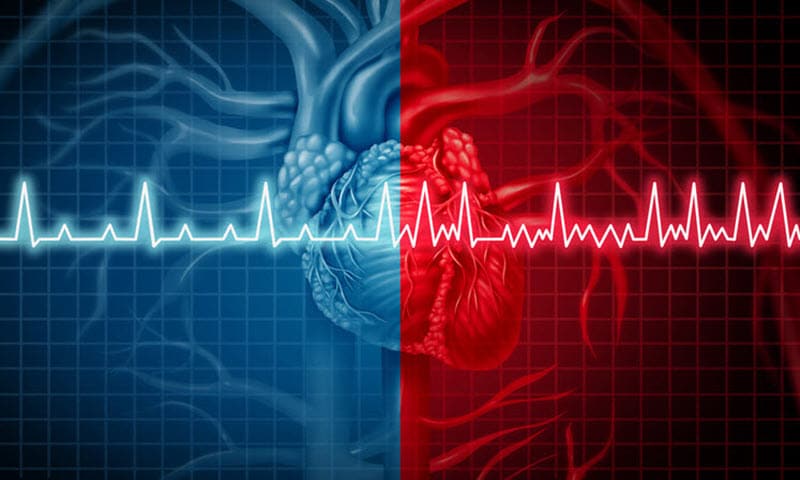Glucose, or blood sugar, is the cells’ primary energy source. Glucose can be obtained by eating. Some food like honey, dried and fresh fruits, molasses, and sweet corn are naturally rich in pure glucose. After digesting the food, glucose is absorbed in the bloodstream and transported to different cells in the body. The pancreas will then release insulin, a hormone that aids in glucose absorption so that the cells can use it for energy. The excess glucose will be stored in the liver and muscles or turned into fats for later use.
Usually, the process functions perfectly. However, there are cases when blood sugar level shoots up and down. For instance, a diabetic person has abnormally high glucose levels and needs immediate medical attention—same with people experiencing low blood sugar levels. Hypoglycemia is a medical condition that happens when glucose or blood sugar level drops too low (below 70mg/dL).
Hypoglycemia usually happens to people who are taking insulin medication. However, people who are skipping meals, menstruating, moving around too much, or following a strict diet can also suffer from a sudden drop in glucose levels. In these cases, immediate medical attention is needed to prevent more complications.
This article will take a closer look at hypoglycemia’s symptoms or warning signs.
Pounding Heart or Palpitations

Heart palpitations are sensations in which the heart is fluttering, pounding, beating too hard, and fast. Palpitations are triggered by too much stress and anxiety, extraneous exercise, excitement and anticipation, and medication. In most cases, palpitations are harmless and common. However, heart palpitations can be a warning sign of more serious medical conditions like hypoglycemia.
People who have hypoglycemia or low blood sugar levels can experience heart palpitations when they eat too much food high in carbohydrates, sodium, and processed sugar. For example, eating too many candies, cookies, dairy desserts, white bread, pasta, and cereals can spike glucose levels. A sudden increase in blood sugar levels can trigger the body to produce a hormone called epinephrine or adrenaline. Adrenaline can make the heart and lungs work double time. A sudden surge in adrenaline can cause palpitations, make the brain more alert, and raise a person’s blood pressure and blood sugar levels. However, the frequent adrenaline rush can harm the blood vessels and increase the risk of heart problems.
Hypoglycemic people should be mindful of their sodium, carb, and sugar consumption. In addition, people experiencing frequent palpitations after heavy meals should consult their doctors and have their blood tested to prevent further complications.










